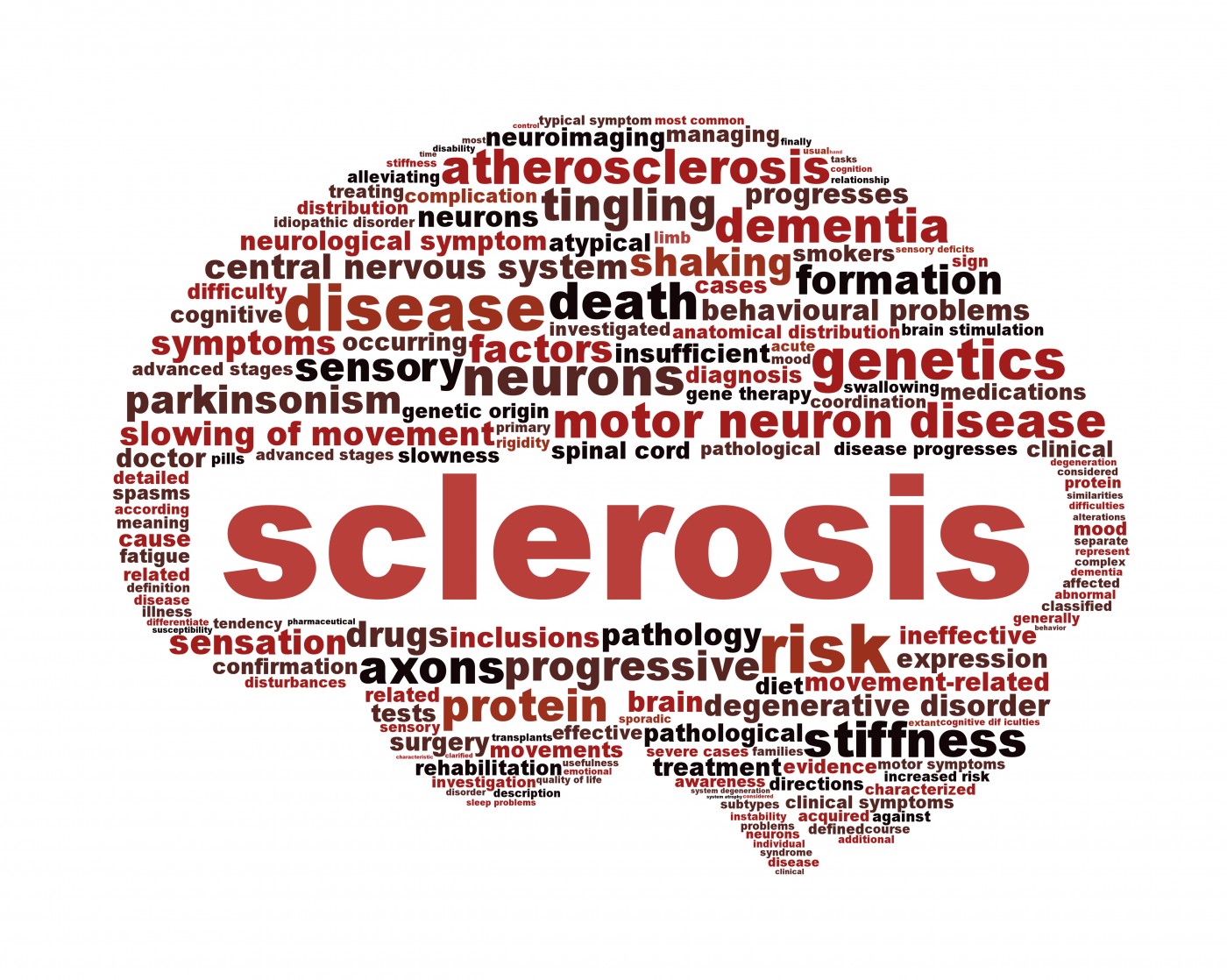 The progression of multiple sclerosis, a dreaded disease that affects the brain and spinal cord, can be halted with aggressive chemotherapy followed by a stem cell transplant.
The progression of multiple sclerosis, a dreaded disease that affects the brain and spinal cord, can be halted with aggressive chemotherapy followed by a stem cell transplant.
The research was published in The Lancet.
Under the small study, the researchers studied 24 patients aged between 18 and 50 from three hospitals in Canada.
The study results showed that for 23 patients, the treatment greatly reduced the onset of multiple sclerosis.
However, one patient died of the disease, despite the treatment. The patient died as a result of the strong effects of the chemotherapy, the authors said.
An MS Society spokeswoman said this kind of treatment does “offer hope” but also comes with “significant risks”.
Rebuilding the immune system
Multiple sclerosis is a medical condition that causes the immune system to attack the lining of nerves in the brain and spinal cord.
Presently, suppressing their immune systems with chemotherapy treats the patients of multiple sclerosis. Then, stem cells are introduced to the patient’s bloodstream by a procedure technically known as an autologous haematopoietic stem cell transplant (HSCT).
But in the present study, Canadian researchers first destroyed the immune system and then rebuilt it with stem cells harvested from the patient’s own blood.
The stem cells were at a stage when they had not yet developed the flaws that trigger MS.
The authors said that the survivors had no relapses and no detectable disease activity over a period of up to 13 years.
All the patients who took part in the trial had a “poor prognosis”. They had previously undergone standard immunosuppressive therapy that had failed to control their condition.
Small but impressive study
Lead author Dr Mark Freedman admitted that it was a small trial. He said,
“Larger clinical trials will be important to confirm these results.
“Since this is an aggressive treatment, the potential benefits should be weighed against the risks of serious complications associated with HSCT and this treatment should only be offered in specialist centres experienced both in multiple sclerosis treatment and stem cell therapy, or as part of a clinical trial.”
Dr Emma Gray, who is head of clinical trials at the MS Society, said,
“This type of stem cell transplantation is a rapidly evolving area of MS research that holds a lot of promise for people with certain types of MS.
“This treatment does offer hope, but it’s also an aggressive procedure that comes with substantial risks and requires specialist aftercare. If anyone is considering HSCT we’d recommend they speak to their neurologist.”
Prof Siddharthan Chandran at the University of Edinburgh described the work as “important and carefully conducted”.
“…[It] demonstrates that powerful chemotherapy-based treatment for a selected subset of MS patients with very aggressive disease is effective in preventing further disabling relapses and, in a proportion, appears to render them effectively disease-free,” he said.
Dr Stephen Minger, a stem cell biologist and independent consultant, described the study as “truly impressive”.
He said,
“It’s important to stress that this is a very early study, though with impressive long-term follow-up of treated patients.
Around 100,000 people in the UK have MS, which is an incurable neurological disease.

The MS society UK helpline lady told me that stem cells don’t help MS .One MS charity have never trusted ever . NO MS drugs have ever cured MS and the data of everyone whos died on MS drugs has been kept hid away so that many are unaware of bad MS drugs one even had furniture polish added to it .